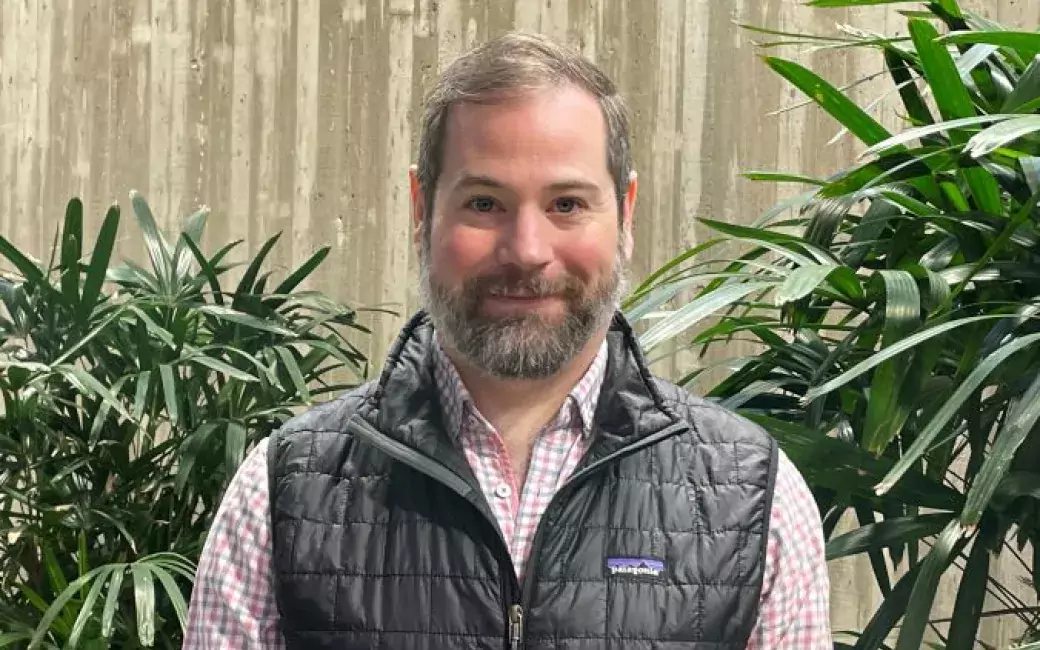According to Burnard, solutions to environmental issues and an increasingly strong commitment to sustainable development constitute key challenges for the construction sector and housing, for which we must quickly find new solutions.

Michael Burnard, who is from the United States and based in Slovenia, is the first international professor of practice at the University of Helsinki. He was recently appointed as Professor of Practice in Sustainable Wood Construction and Healthy Living Environments at the Faculty of Agriculture and Forestry.
"Increasing wood construction is one way of driving development in the right direction when solving environmental problems caused by human activity, such as housing. In addition, we need technical, social and political remedies and a new kind of thinking that transcends and connects disciplines," says Burnard.
It is here that the living lab concept, which combines research, development and innovation, enters the picture, as it can be used to promote greater societal change. Living labs, which resemble research and testing laboratories, are used to boost co-creation and mutual understanding, as well as to acquire illustrative, disciplinary boundary-transcending knowledge on and experience of genuine environments.
Burnard brings to the Faculty of Agriculture and Forestry rare experience in designing and implementing living lab research concepts for construction and housing. His primary position is Deputy Director of InnoRenew CoE, an independent research institute focused on wood products and sustainable construction located in Slovenia.
At the University of Helsinki, Burnard will be working closely on the development of new buildings currently being constructed from wood at the historical Hyytiälä Forestry Field Station. In the future, some of the buildings will serve as a living lab. After completion, the buildings will make it possible to conduct multidisciplinary research and teaching related to the sustainability, climate and wellbeing effects of the built environment, to test solutions as well as to carry out co-creation and long-term research.
For example, continuous monitoring of the humidity and temperature of cross-laminated timber (CLT), a wood material used in the walls of the new buildings, was initiated already at the construction stage to obtain new information on the performance and ageing of the material in changing conditions. The measurement data gained in Hyytiälä will be combined with other international measurements.
What makes Hyytiälä special is the opportunity to investigate and test the experience of human wellbeing, vitality and learning in various interiors of wooden buildings, including some of the accommodation facilities. The idea is that the living lab platform is open and offers opportunities for research and co-creation to the Finnish and international research communities broadly outside the University of Helsinki.
Burnard's research focuses on sustainable construction and the consideration of human health as part of construction.
"The sustainability challenge requires many different approaches. In this, my diverse and extensive expertise, and certainly my enthusiasm, will be useful."
According to Burnard, what makes sustainable solutions inspiring is the fact that they can be successful from a range of perspectives.
"In addition to technical advances and innovations, genuinely sustainable solutions involve beauty as well. This is particularly the case when our solutions are inspired by nature, or more directly include nature - like building with wood," he adds.






